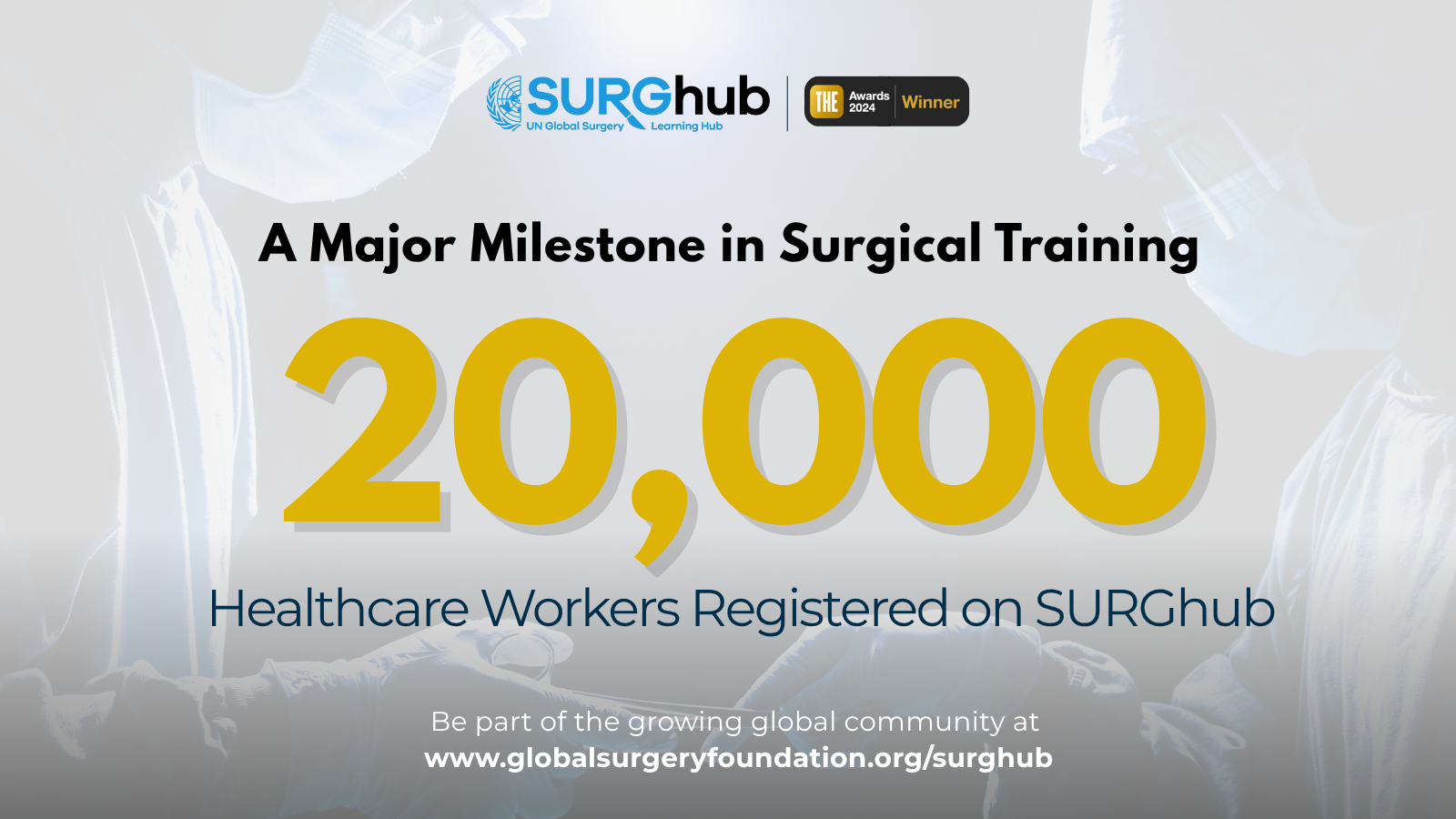Too Late for Surgery: The Lung Cancer Crisis in Low-Resource Settings
On World Lung Cancer Day, we highlight a persistent global gap: in many low- and middle-income countries, patients face late diagnoses and limited access to surgery—undermining their chance at survival.
In West Africa, more than 90% of lung cancer cases are diagnosed too late for curative surgery—highlighting the urgent need for earlier diagnosis and better access to surgical care.
A Leading Cause of Death Worldwide
Lung cancer remains the leading cause of cancer-related mortality globally (UICC). Prognosis is strongly influenced by stage at diagnosis and timely access to appropriate treatment—particularly surgery for early-stage disease.
Since 2012, World Lung Cancer Day has been observed annually on August 1 to raise awareness of lung cancer prevention, diagnosis, and treatment.
Surgery is the Cornerstone of Cure
Surgical resection remains the primary curative intervention for non-small cell lung cancer (NSCLC) and is associated with the majority of long-term survivors (PMC8345199, PMC4549482). However, in many low- and middle-income countries (LMICs), delayed diagnosis and limited access to surgical services contribute to high rates of advanced-stage presentation and poor outcomes.
A Disproportionate Burden in LMICs
The burden of lung cancer falls heaviest on LMICs, where access to essential cancer services remains limited. Globally, fewer than 25% of individuals—mostly in LMICs—have access to surgery, radiation, pathology, or palliative care (ASCO 2024).
In West Africa, over 90% of lung cancer cases are diagnosed at stages too advanced for curative surgery (ecancer 2025). In many countries, cancer care is centralized in major cities, forcing patients in rural areas to travel long distances for diagnosis and treatment (PMC7245978).
The burden is also particularly severe in Asia, where LMICs account for 63.1% of global lung cancer cases and nearly two-thirds of related deaths (The Lancet eClinicalMedicine 2024).
These examples reflect a wider global reality: without timely access to surgical care, progress against lung cancer remains out of reach for much of the world.
Uneven Progress in Survival
Breakthroughs in lung cancer research over the past decade—particularly in early detection, targeted therapies, and surgical techniques—have led to improved survival in some regions. However, progress remains uneven, and LMICs continue to face significant barriers to accessing these advances.
Closing the Gap
The Global Surgery Foundation (GSF) is working to close this gap.
Through innovative initiatives like SURGfund - the first dedicated catalytic fund for surgical care – the GSF is investing in local partners, strengthening surgical systems, and expanding access to essential surgical services in underserved regions. By supporting projects that integrate cancer surgery into broader health system development, the GSF is helping ensure that no patient is left behind.
Keep engaged with us!
Donate to support our projects
Sign up with your email in the footer to receive updates
Keep reading
In just two years, SURGhub has grown into a leading platform for global surgical education—now serving over 20,000 healthcare workers around the world. Learn more


